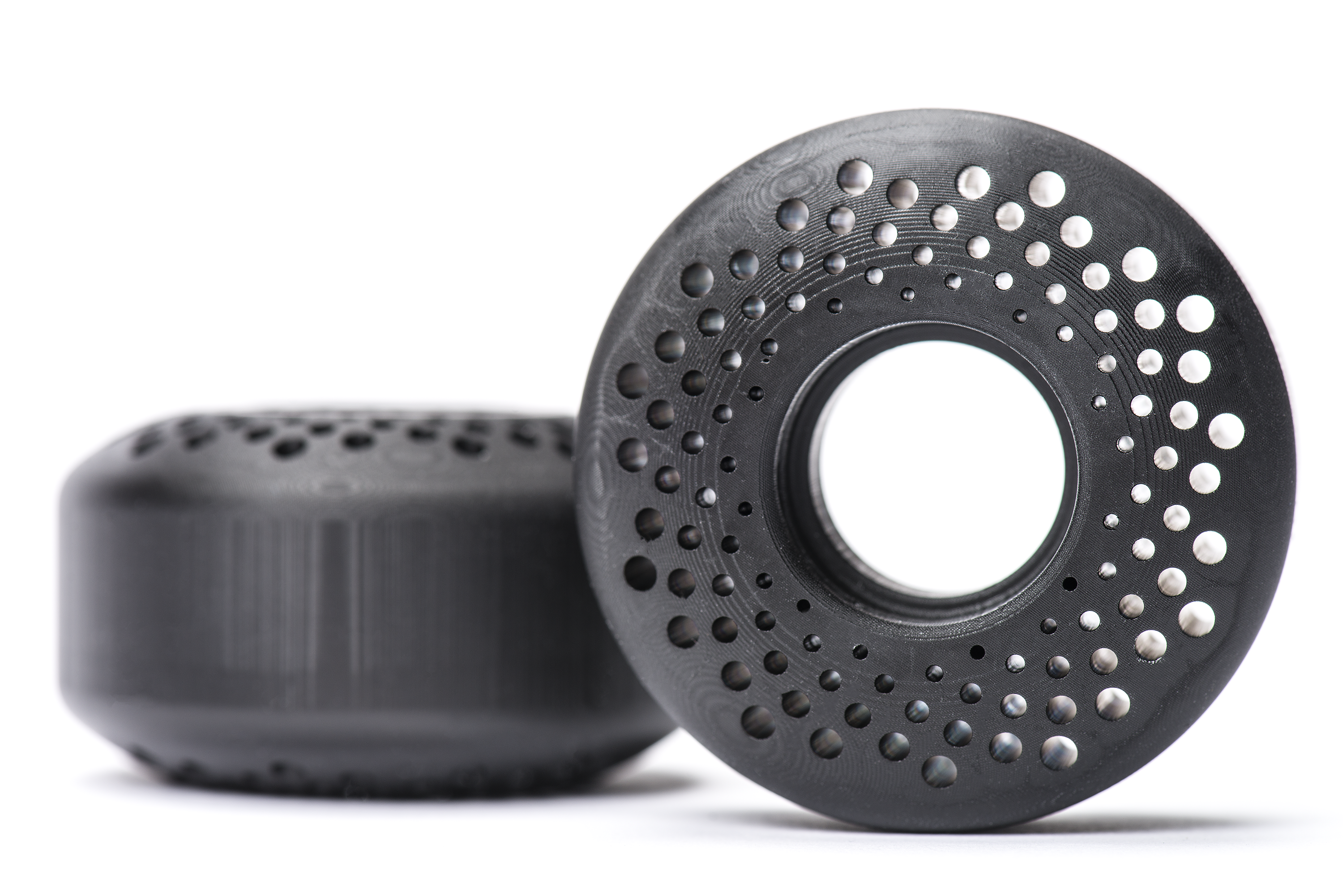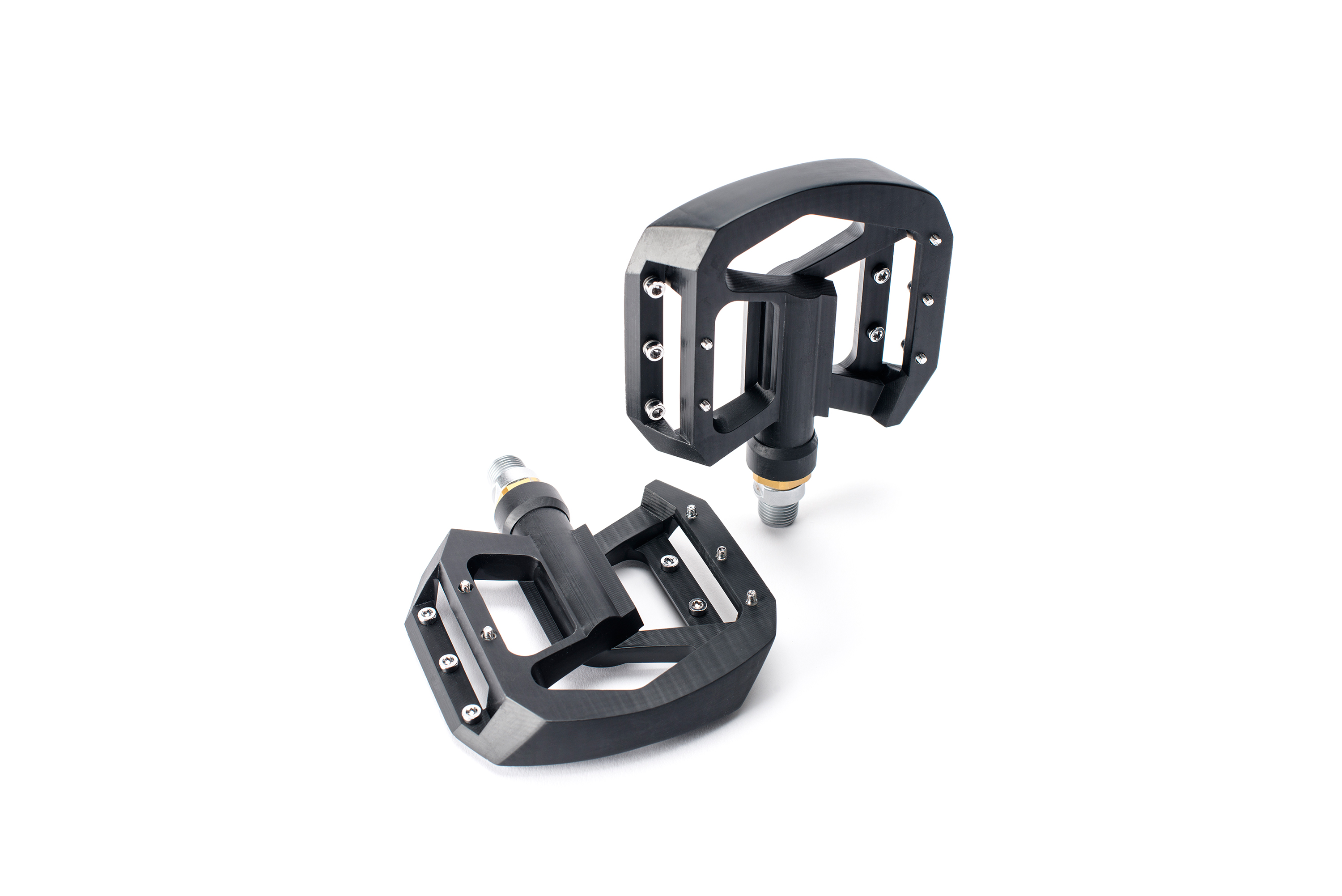On-demand digital manufacturing provider Protolabs has announced the addition of Carbon’s Digital Light Synthesis (DLS) 3D printing platform to its portfolio of production-grade additive manufacturing technologies.
Using the Silicon Valley-based company’s DLS process, Protolabs aims to empower its customers to move into the production of functional and detailed parts with increased speed and cost-efficiency.
“We’re very excited about the manufacturing options the Carbon technology offers to our customers,” commented Vicki Holt, President and CEO at Protolabs. “It provides a cost-effective production solution for geometric complexities that cannot be molded or otherwise fabricated.”
“We are committed to maintaining our market leadership in being a single source supplier for on-demand services across a multitude of manufacturing methods, and Carbon will help us do that.”

Providing end-use production for Protolabs customers
Headquartered in Maple Plain, Minnesota, Protolabs offers digital manufacturing services from 12 locations around the globe. It proclaims to be one of the largest suppliers of custom 3D printing services in the world, as it produces over 100,000 additively manufactured components each month using six different printing technologies. A 77,000 sq. ft. facility in Raleigh, North Carolina, houses over 100 additive manufacturing systems for services in North America, whereas for Europe 3D printing is handled by two facilities co-located near Munich in Germany. Recently the company launched a production-ready service for metal 3D printing as well.
By expanding its technology portfolio with Carbon’s manufacturing platform, Protolabs is responding to the demand for a 3D printing service that allows users to manufacture functional parts, as well as prototypes. “We recognize that market demand for additive manufacturing has moved beyond prototyping and is being leveraged to create fully functional parts at a much larger scale,” explained Greg Thompson, Protolabs’ global product manager for 3D printing.
“We are committed to supporting that demand in a technology-agnostic manner so that our customers get the best possible parts from the best possible 3D printing technology.”
Carbon’s 3D printing technology uses Continuous Liquid Interface Production (CLIP) technology and DLS. This process uses digital light projection, oxygen-permeable optics, and resins to produce high-quality and geometrically complex parts that are difficult to mold. The intricate designs and durability of the components make them suitable for end-use applications. Protolabs is offering the RPU and FPU materials from Carbon, comparable to ABS and polycarbonate, which have consistent mechanical properties akin to injection molding.

Empowering engineers with Carbon DLS 3D printing
As well as Protolabs, Carbon’s technology was also made available through the Shapeways 3D printing marketplace and service bureau this year. Partnering with Shapeways, the company aimed to make its 3D printing technology more accessible to businesses around the world.
Its collaboration with Protolabs is working towards the same end, according to Phil DeSimone, Carbon’s Chief Customer Officer and Co-Founder: “An important part of Carbon’s strategy is to empower engineers around the world to design and bring to market better products made with Carbon’s Digital Light Synthesis technology.”
“We’re proud to partner with Protolabs, a key player in the industry, to make the Carbon Platform accessible to its customers.”
Recently, Carbon has demonstrated a focus on providing its DLS technology to the bike market, entering into partnerships with bicycle equipment firms Specialized and fizik to 3D print bike saddles.
Subscribe to the 3D Printing Industry newsletter for the latest news in additive manufacturing. You can also stay connected by following us on Twitter and liking us on Facebook.
Looking for a career in additive manufacturing? Visit 3D Printing Jobs for a selection of roles in the industry.


